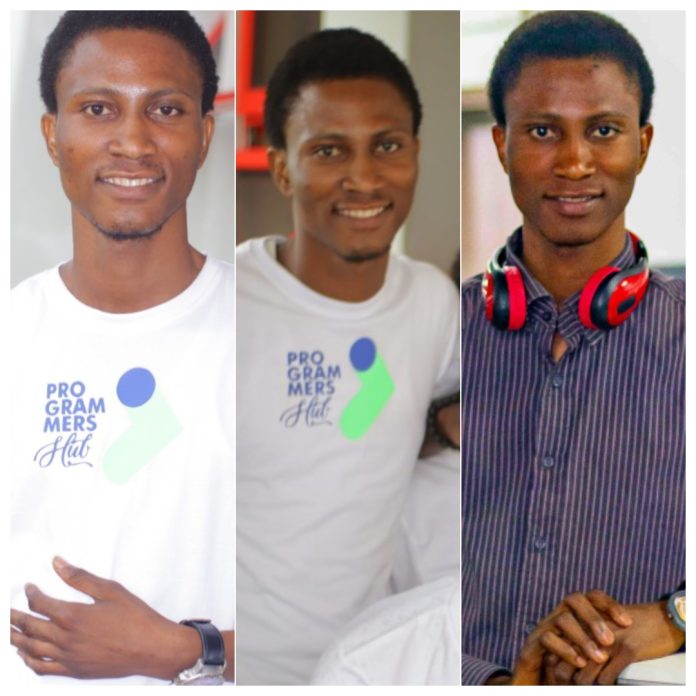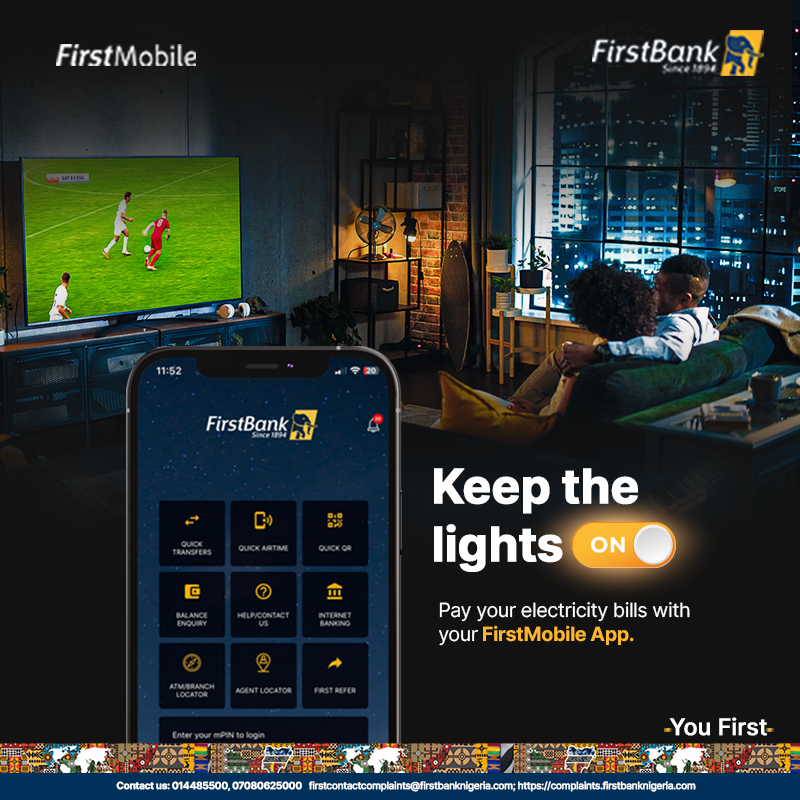We have the pleasure of interacting with OBADMIMU ISMAIL IDOWU, an alumnus of Federal Polytechnic in Ilaro, Ogun State, who studied computer science. He built a solid foundation in programming throughout his five years of education, with a focus on web development. He shares his success story with Musa Adekunle.
His interest in programming did not begin in school, as he was interested in the discipline before attending the Polytechnic. His interest was revived during his first year of taking an Introduction to the Internet course. Since then, he has spent most of his leisure time researching and creating alongside people who share his enthusiasm.
Join us as we delve deeper into his experiences and insights into the exciting world of computer science and programming.
Could you tell us about your educational history and how it prepared you for a programming career?
I studied computer science at The Federal Polytechnic, Ilaro, Ogun State, between 2016-2022. During my time there, I gained a solid foundation in computer science, which included learning about several programming languages, . However, my interest in programming started before my formal education. It was during my first year of study, when I took the Introduction to the Internet course, that I rediscovered my passion for programming and specifically web development.
Since then, I have actively pursued my interest in programming, spending much of my free time learning and building with friends who share the same passion. We have worked together on various projects, ranging from developing websites and web applications to building mobile applications. These experiences have not only helped me gain hands-on experience in programming but also developed my skills in teamwork, communication, and problem-solving.
Overall, I believe that my educational background in computer science, my interest in programming, and my experience working on collaborative projects have prepared me well for a career in programming.
READ ALSO: I Am Glad I Didn’t Study Medicine – Islamiyat, HND To PhD Scholarship Candidate Shares Intimate Story
What programming languages are you expert in, and how did you learn them?
I am proficient in JavaScript and TypeScript, and I have experience working with other programming languages such as NodeJS and PHP. However, JavaScript is my primary language of choice because of its versatility and flexibility. I believe that JavaScript’s ability to be used both on the client and server side and in a wide range of web and mobile development frameworks makes it an essential language for modern web development.
I learned JavaScript and TypeScript through online resources, including documentation and online courses, and practical experience working on real-world projects. I continue to enhance my skills by reading official documentation, and industry blogs, attending webinars, and participating in online coding communities.
What previous projects have you worked on, and how have they helped you build your skills?
I’ve worked on several side projects outside of my regular job, including developing web applications, building an image processing application, and publishing an npm package for accessibility testing. These projects have allowed me to explore different programming areas and helped me develop my skills in JavaScript and TypeScript, as they were the primary languages used for these projects. By working on these projects independently and in groups, I’ve been able to challenge myself and think creatively to solve problems. Overall, these side projects have been instrumental in my growth as a developer and have allowed me to bring new ideas and solutions to my work at my regular job.
Can you describe your problem-solving method when presented with a difficult programming task?
When presented with a difficult programming task, my first step is to break down the problem into smaller, more manageable parts. I try to identify the root cause of the problem and determine the best approach to solve it. I find that drawing out a flowchart or writing out pseudocode can help visualize the problem and develop potential solutions.
Once I have a plan, I write the code and test it regularly to ensure it’s functioning as expected. I also anticipate potential issues and edge cases and build in error handling and contingency plans.
If I get stuck, I take a break and return to the problem with fresh eyes. Sometimes, talking it out with a colleague or mentor can also provide a fresh perspective and help me develop new ideas.
My problem-solving method involves breaking down the problem, developing a plan, implementing the solution, testing it, and adjusting as needed until the problem is resolved.
How do you remain current on programming trends and technologies, and what resources do you use to learn?
I stay current on programming trends and technologies through official documentation and industry approaches.
What is your biggest strength as a programmer, and how has it helped you in your career?
My biggest strength as a programmer is my problem-solving ability. When faced with a challenging programming task, I have a methodical approach to breaking down the problem into smaller parts and finding efficient solutions for each. This skill has helped me in my career by enabling me to confidently tackle complex projects and deliver high-quality results within a reasonable timeframe. Additionally, it has allowed me to work effectively in a team environment by collaborating with other developers to find the best solutions for a particular problem.
While working on a programming project, how do you approach cooperation and collaboration, and what tools do you utilise to enhance communication and collaboration?
I believe that collaboration is crucial for the success of any project. I approach cooperation and collaboration by first establishing clear communication with my team members, discussing goals and expectations, and following up the project management system to track progress and issues.
Can you tell us about a moment when you had to overcome a challenging programming challenge?
One challenging programming task I encountered was when I was developing an image-processing application with drag-and-drop features. The project required me to implement complex algorithms to manipulate and process images in real-time while also ensuring a smooth and responsive user interface.
To overcome this challenge, I took a systematic approach that broke down the problem into smaller, manageable tasks. I first focused on building a basic prototype with simple drag-and-drop functionality and then gradually added more advanced features as I progressed. I also spent a significant amount of time researching and experimenting with various image-processing algorithms and sought feedback from other developers to ensure that my approach was optimal.
Despite the complexity of the project, I was able to deliver a high-quality image processing application within the designated timeframe, which was well-received by users. This experience taught me the importance of systematic problem-solving, and the value of continuous experimentation and collaboration when working on challenging programming projects.
While working on many programming projects simultaneously, how do you prioritise tasks and manage your time?
I believe in using a prioritisation system to manage my tasks effectively. I usually start by evaluating the urgency and importance of each task, then I categorise them into high, medium, and low priority levels.
I then work on the high-priority tasks first, making sure to allocate enough time for each task to avoid rushing or compromising on quality. I also set realistic deadlines for each task and track my progress to ensure that I’m on schedule.
To manage my time efficiently, I use various tools and techniques, such as time tracking apps, calendar reminders, and project management software. Additionally, I make sure to take regular breaks to refresh my mind and avoid burnout, which can ultimately hinder my productivity.
Lastly, what are your long-term professional goals, and how do you intend to attain them?
Accessibility and inclusion are often overlooked areas in the field of technology, yet they are incredibly important. There are many people who have disabilities or who face other challenges that make it difficult for them to use technology in the same way as others. As a programmer, I believe that it is important to help bridge this gap and ensure that technology is accessible to everyone.
My long-term professional goal is to become an expert in the field of accessibility and inclusion in technology. I plan to achieve this by staying up-to-date with the latest research, attending conferences and webinars, and collaborating with other experts in the field. Additionally, I aim to work on projects that focus on accessibility and inclusion and to use my skills to make a positive impact on the lives of those who face barriers to using technology. Let’s make the web a better place for everyone.

























